- Travel Health and Safety
- November 5, 2024
- 4 Comments
- 160
“Important Tips: How Tourists Can Travel Safely in India”
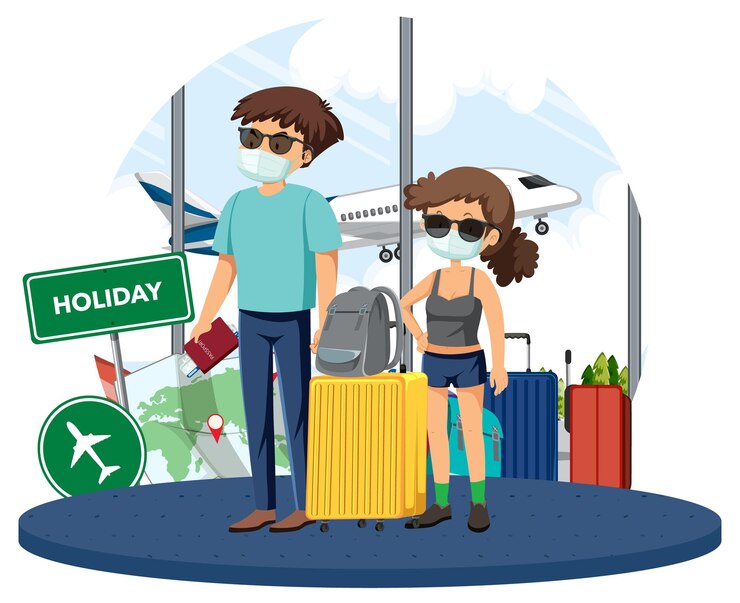
Travel Safely in India– India is an incredibly diverse and fascinating destination, offering travelers a wealth of experiences—from the snow-capped peaks of the Himalayas to the sun-kissed beaches of Goa, and from bustling cities like Delhi and Mumbai to peaceful temples in Rajasthan. However, like any country, India presents its own set of challenges, especially for international tourists unfamiliar with the local culture, infrastructure, and systems. To make the most of your trip while ensuring safety, it’s important to take some precautions and plan your travels wisely. Here’s how you can travel safely in India:
1. Plan Your Travel Itinerary Carefully
One of the first steps in ensuring a safe trip to India is careful planning. India is vast, with varying climates, terrains, and levels of infrastructure, so it’s crucial to research your destinations thoroughly before you go.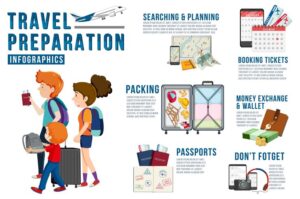
- Stick to well-traveled routes: Popular tourist destinations like Delhi, Agra, Rajasthan, Kerala, Goa, and Varanasi have well-established tourist infrastructures. These areas have good transport connections, reliable accommodations, and a higher level of safety for foreign visitors.
- Avoid remote areas without proper support: While off-the-beaten-path travel can be rewarding, it’s essential to avoid extremely remote areas or places with limited access to healthcare and other services, especially if you’re a solo traveler. Always research the safety conditions and accessibility of your destinations.
- Consult travel advisories: Check the travel advisories from your government or other trusted sources to stay updated on any political instability, natural disasters, or health warnings that could affect your safety.
2. Understand Local Culture and Customs
India is home to a wide variety of cultural traditions and customs that might differ significantly from what you’re used to. Understanding these cultural nuances not only helps you have a richer experience but also prevents unnecessary misunderstandings or discomfort.
- Dress modestly: India is a conservative country, and dressing modestly can help you avoid unwanted atte
 ntion, especially in rural or religious areas. Women, in particular, should consider covering their shoulders and knees, especially when visiting temples or religious sites.
ntion, especially in rural or religious areas. Women, in particular, should consider covering their shoulders and knees, especially when visiting temples or religious sites. - Respect local customs: Certain practic
- es and rituals are sacred in India, such as removing shoes before entering temples or homes. Familiarizing yourself with the country’s religious practices can help you avoid offending anyone inadvertently.
- Learn basic phrases: While English is widely spoken, learning a few phrases in Hindi or the local language of the region you’re visiting can go a long way in building rapport with locals and showing respect.
3. Choose Accommodations Wisely
When it comes to safety, your accommodation can play a key role in making your stay comfortable and secure. While India has a wide range of accommodation options, from budget hostels to luxury hotels, it’s crucial to choose one that prioritizes safety.
- Book through reputable platforms: Websites like Booking.com, Airbnb, or Agoda offer reviews, ratings, and detailed information about accommodations. Read reviews from other travelers to gauge the safety and quality of the place before booking.
- Check location and accessibility: Look for accommodations that are located in safe neighborhoods with easy access to public transportation. It’s also a good idea to stay close to tourist attractions so that you can reduce the risks associated with traveling long distances late at night.
- Ensure security measures: Choose accommodations that have good security measures, such as 24-hour reception, lockers, CCTV cameras, and secure entryways. Inquire about the safety of the surrounding area as well, especially if you are unfamiliar with the locality.
4. Use Trusted Transportation Options
Getting around India can be an adventure in itself, but it’s important to prioritize safety when choosing your mode of transport.
- Use official taxis and rideshare apps: In cities like Delhi, Mumbai, and Bengaluru, taxis can be unsafe if taken from unofficial stands. Instead, opt for reputable ride-sharing apps like Uber or Ola, where rides can be tracked, and the driver’s identity is verified. Avoid accepting rides from random touts at airports or train stations.
- Be cautious with public transportation: While India has a vast public transportation system, including buses, trains, and metro systems, it’s important to stay vigilant, particularly in crowded areas. Always keep your belongings secure and be mindful of your surroundings.
- Train travel: Train travel is an excellent way to explore India, but it’s wise to book tickets in advance and travel in AC classes for added comfort and safety. Be cautious of pickpockets on trains, particularly on long-haul journeys.
- Use private drivers for longer trips: If you’re traveling to remote areas or embarking on a road trip, hiring a private driver with a trusted car rental agency or a reliable tour company can be a safe and stress-free option.
5. Stay Healthy and Safe from Illnesses
India’s diverse environment means you may encounter different health risks depending on where you are. Taking steps to protect your health will help ensure a safe trip.
- Get necessary vaccinations: Consult your doctor before traveling to India to make sure you’re up to date on any required vaccinations, such as Hepatitis A and B, Typhoid, and others. Malaria
 prophylaxis may also be recommended depending on where you’re traveling.
prophylaxis may also be recommended depending on where you’re traveling. - Drink bottled water: In many parts of India, tap water may not be safe to drink. Always opt for bottled water with a seal, and avoid ice unless you’re sure it’s made from purified water.
- Be cautious with food: While Indian cuisine is delicious, it can also be spicy and rich, which might upset the stomach of some travelers. Street food is popular but can sometimes be risky for foreign travelers. It’s safer to eat food at well-established restaurants or food courts in tourist areas.
- Carry a basic medical kit: Having a travel-sized medical kit with essentials like pain relievers, antiseptics, band-aids, anti-diarrhea medication, and hand sanitizer can help you tackle minor health issues on the go.
6. Keep Your Belongings Secure
India, like many other countries, has its share of petty theft and pickpocketing, especially in crowded markets or tourist spots. However, with a few precautions, you can safeguard your valuables.
- Use anti-theft bags: Consider using a bag that has anti-theft features such as lockable zippers, RFID blocking, and cut-resistant straps. Money belts or neck pouches are also a good option for keeping valuables close to your body.
- Keep your belongings in sight: When traveling on trains, buses, or even in restaurants, always keep an eye on your belongings. Never leave your bag unattended, and be cautious when someone bumps into you in busy areas.
- Don’t carry large amounts of cash: Carrying a lot of cash is never a good idea, especially in crowded tourist areas. Use credit/debit cards where possible, and keep cash in small amounts for emergencies.
7. Respect Personal Safety and Avoid Risky Areas
While India is a relatively safe country for tourists, certain areas might be best avoided, especially for solo travelers or women.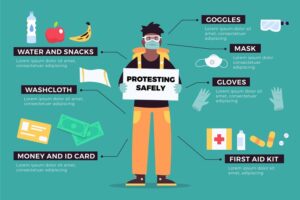
- Travel in groups or with a guide: If you’re visiting remote or less touristy areas, traveling with a group or an experienced local guide can increase your safety.
- Avoid walking alone late at night: Particularly in cities, it’s advisable to avoid walking alone in unfamiliar areas after dark. Use taxis or rideshare apps if you need to travel after sunset.
- Stay informed about local safety: Check the local news and social media to stay informed about any incidents or protests that may affect your safety. If there’s any unrest or civil disturbance, it’s best to stay away from those areas.
Conclusion
India is a wonderful and exciting destination, but like any country, it requires some attention to safety and well-being. By carefully planning your trip, respecting local customs, using reliable transport, staying vigilant with your personal security, and prioritizing your health, you can ensure a smooth and safe experience while exploring this incredible country. The more informed and prepared you are, the more you can immerse yourself in the sights, sounds, and flavors of India—while keeping your travel experience safe and enjoyable.

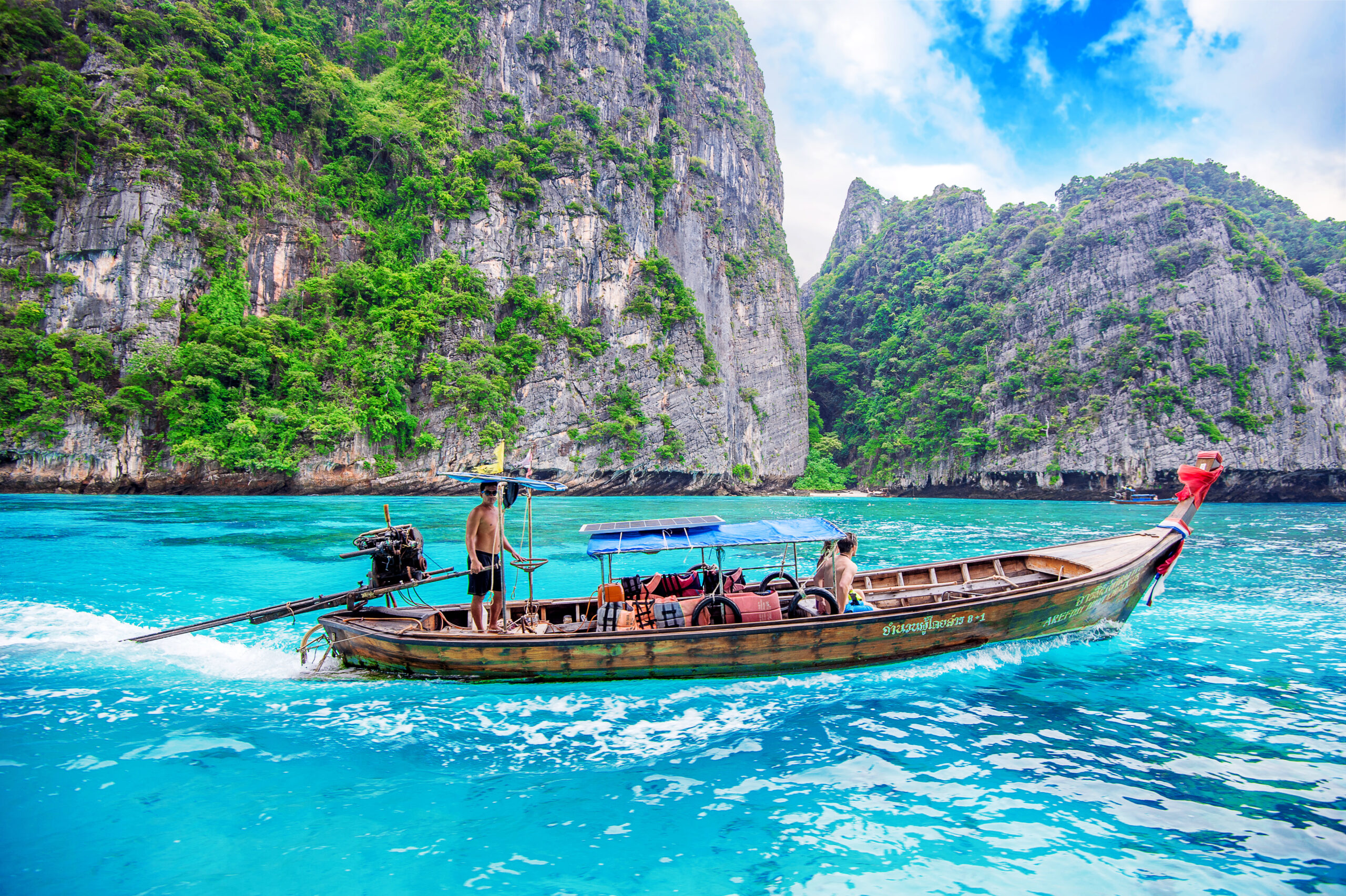
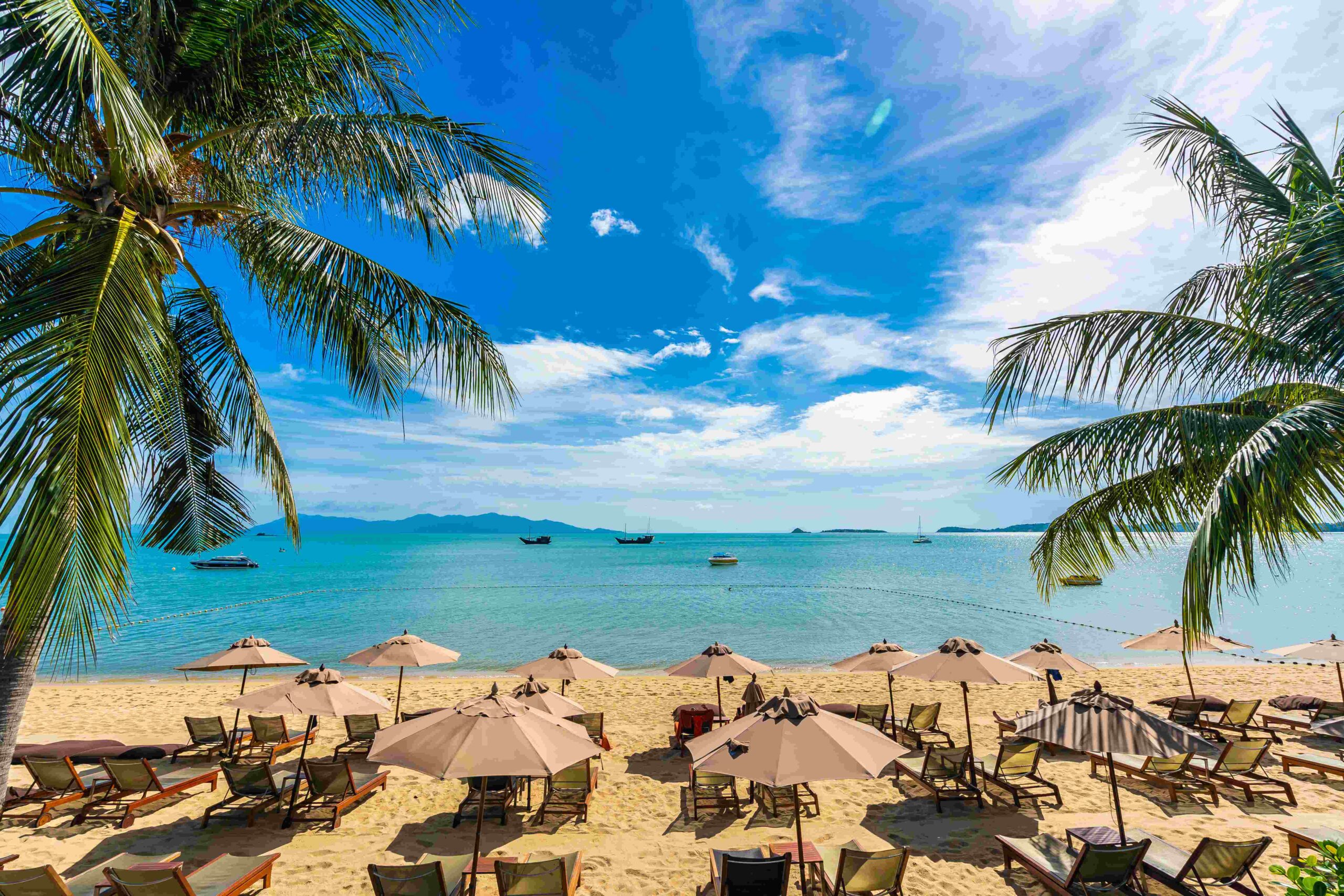
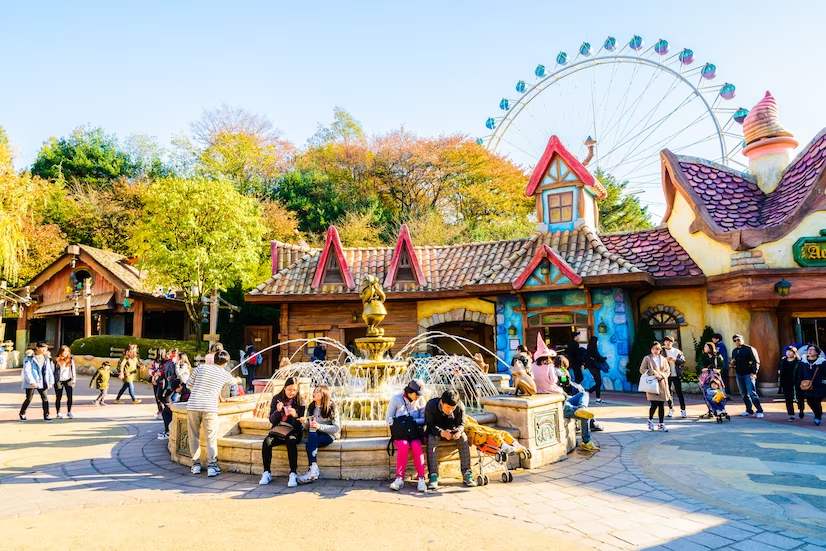

 ntion, especially in rural or religious areas. Women, in particular, should consider covering their shoulders and knees, especially when visiting temples or religious sites.
ntion, especially in rural or religious areas. Women, in particular, should consider covering their shoulders and knees, especially when visiting temples or religious sites. prophylaxis may also be recommended depending on where you’re traveling.
prophylaxis may also be recommended depending on where you’re traveling.
4 Comments
Choose Airport Transfers Bahamas for a sophisticated travel experience. Our luxury vehicles provide first-class comfort and the highest standards of safety, making every trip a pleasure.
Our Shuttle from Texas City to Galveston offers reliable, affordable transportation with options for private, group, and airport transfers. Enjoy a convenient shuttle from Texas City to the Galveston cruise terminal or port for easy, stress-free travel.
Whether you need a transfer from Galveston Seawall to Hobby Airport or a ride from Galveston Port to Hobby Airport, we offer top-notch, affordable transportation from Hobby Airport to Galveston Beach with options to fit all your travel needs.
Thanks for sharing. I read many of your blog posts, cool, your blog is very good.